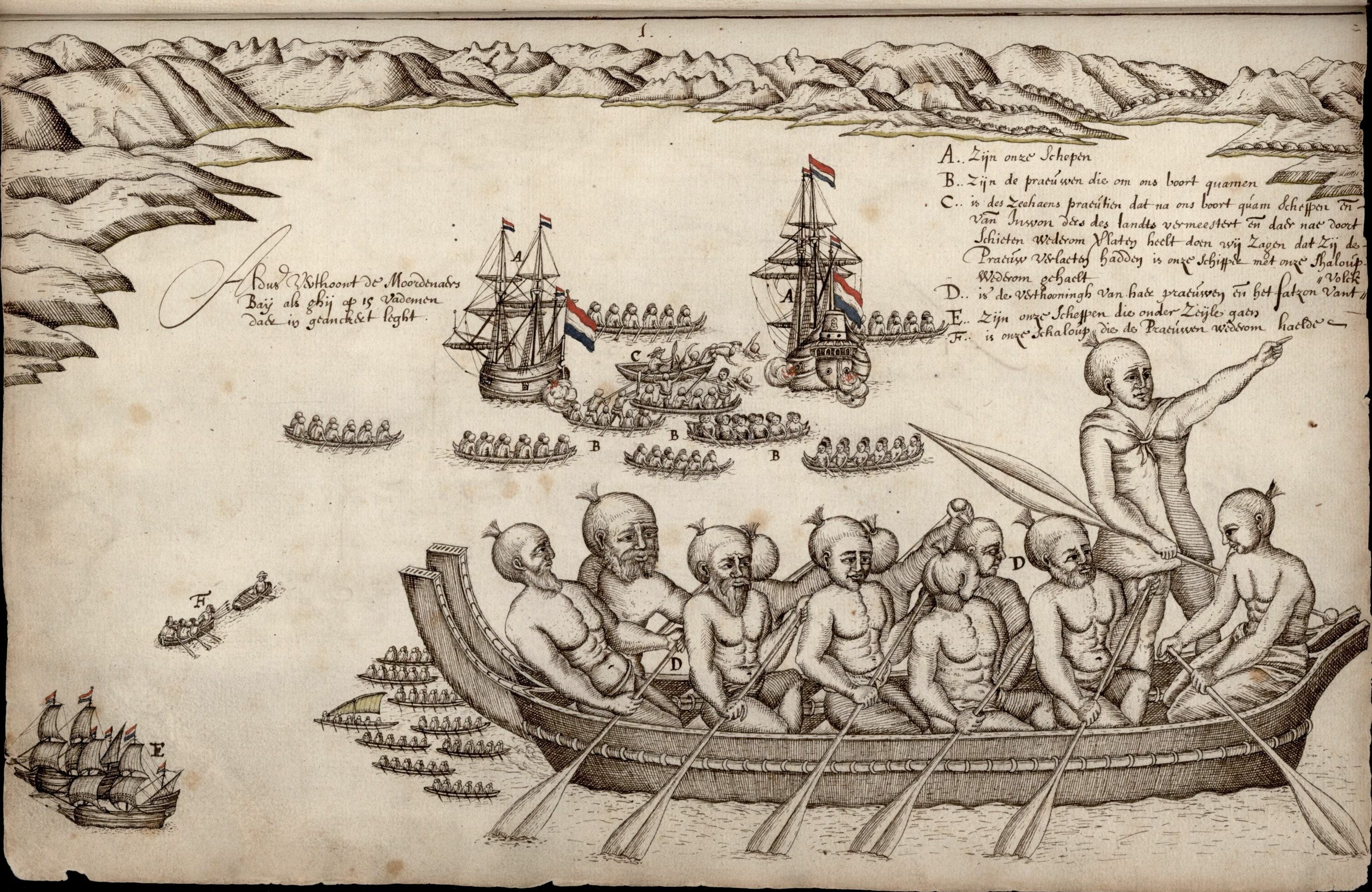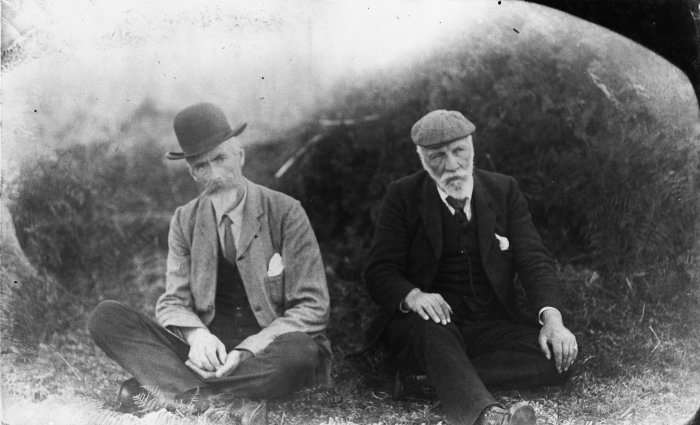|
Matahorua
In Māori tradition, ''Matahourua'' was the canoe of the legendary hero Kupe, who, in some accounts, was the discoverer of Aotearoa ''Aotearoa'' () is the current Māori-language name for New Zealand. The name was originally used by Māori in reference to only the North Island, with the name of the whole country being ''Aotearoa me Te Waipounamu'' ("North Island and South ... ( New Zealand) (Craig 1989:161, Grey 1970:108, 161–3). See also * List of Māori waka References *R.D. Craig, ''Dictionary of Polynesian Mythology'' (Greenwood Press: New York, 1989). *G. Grey, ''Polynesian Mythology'' (reprint Taplinger Press: New York, 1970). Māori waka Māori mythology {{Māori-myth-stub ... [...More Info...] [...Related Items...] OR: [Wikipedia] [Google] [Baidu] |
Kupe
Kupe ( ~1180-1320) was a legendary Polynesian explorer, navigator and great rangatira of Hawaiki, who is said to have been the first human to discover New Zealand. Whether Kupe existed historically is likely but difficult to confirm. He is generally held to have been born to a father from Rarotonga and a mother from Raiatea, and probably spoke a proto-Māori language similar to Cook Islands Māori or Tahitian. His voyage to New Zealand would ensure that the land would be known to the Polynesians, and he would therefore be responsible for the genesis of Māori civilisation. Kupe features prominently in the mythology and oral history of some Māori iwi (tribes), but the details of his life differ between iwi. Various legends and histories describe Kupe's extensive involvement in the settlement of Aotearoa, around 1000–1300 CE, with many talking of his achievements, such as the hunting and destruction of the great octopus, Te Wheke-a-Muturangi. Time of arrival Estimates of ... [...More Info...] [...Related Items...] OR: [Wikipedia] [Google] [Baidu] |
Māori Mythology
Māori mythology and Māori traditions are two major categories into which the remote oral history of New Zealand's Māori may be divided. Māori myths concern fantastic tales relating to the origins of what was the observable world for the pre-European Māori, often involving gods and demigods. Māori tradition concerns more folkloric legends often involving historical or semi-historical forebears. Both categories merge in to explain the overall origin of the Māori and their connections to the world which they lived in. Māori had yet to invent a writing system before European contact, beginning in 1769, so they had no method to permanently record their histories, traditions, or mythologies. They relied on oral retellings memorised from generation to generation. The three forms of expression prominent in Māori and Polynesian oral literature are genealogical recital, poetry, and narrative prose. Experts in these subjects were broadly known as . The rituals, beliefs, and ge ... [...More Info...] [...Related Items...] OR: [Wikipedia] [Google] [Baidu] |
Māori Migration Canoes
Various Māori traditions recount how their ancestors set out from their homeland in ''waka hourua'', large twin-hulled ocean-going canoes (''waka''). Some of these traditions name a mythical homeland called Hawaiki. Among these is the story of Kupe, who had eloped with Kuramarotini, the wife of Hoturapa, the owner of the great canoe ''Matahourua'', whom Kupe had murdered. To escape punishment for the murder, Kupe and Kura fled in Matahourua and discovered a land he called Aotearoa ('land of the long-white-cloud'). He explored its coast and killed the sea monster Te Wheke-a-Muturangi, finally returning to his home to spread the news of his newly discovered land. Other stories of various Māori tribes report migrations to escape famine, over-population, and warfare. These were made in legendary canoes, the best known of which are '' Aotea'', ''Te Arawa'', ''Kurahaupō'', ''Mātaatua'', ''Tainui'', ''Tākitimu'', and '' Tokomaru''. Various traditions name numerous other canoes. ... [...More Info...] [...Related Items...] OR: [Wikipedia] [Google] [Baidu] |
Aotearoa
''Aotearoa'' () is the current Māori-language name for New Zealand. The name was originally used by Māori in reference to only the North Island, with the name of the whole country being ''Aotearoa me Te Waipounamu'' ("North Island and South Island"). In the pre-European era, Māori did not have one name for the country as a whole. Several meanings for Aotearoa have been proposed for the name; the most popular translation usually given is "land of the long white cloud", or variations thereof. This refers to the cloud formations which helped early Polynesian navigators find the country. Beginning in the late 20th century, ''Aotearoa'' has become widespread in the bilingual names of national organisations and institutions. Since the 1990s, it has been customary for particular parties to sing the New Zealand national anthem, "God Defend New Zealand" (or "Aotearoa"), in both Māori and English, exposing the name to a wider audience. New Zealand English speakers pronounce the wo ... [...More Info...] [...Related Items...] OR: [Wikipedia] [Google] [Baidu] |
New Zealand
New Zealand ( mi, Aotearoa ) is an island country in the southwestern Pacific Ocean. It consists of two main landmasses—the North Island () and the South Island ()—and over 700 smaller islands. It is the sixth-largest island country by area, covering . New Zealand is about east of Australia across the Tasman Sea and south of the islands of New Caledonia, Fiji, and Tonga. The country's varied topography and sharp mountain peaks, including the Southern Alps, owe much to tectonic uplift and volcanic eruptions. New Zealand's capital city is Wellington, and its most populous city is Auckland. The islands of New Zealand were the last large habitable land to be settled by humans. Between about 1280 and 1350, Polynesians began to settle in the islands and then developed a distinctive Māori culture. In 1642, the Dutch explorer Abel Tasman became the first European to sight and record New Zealand. In 1840, representatives of the United Kingdom and Māori chiefs ... [...More Info...] [...Related Items...] OR: [Wikipedia] [Google] [Baidu] |
List Of Māori Waka
A ''list'' is any set of items in a row. List or lists may also refer to: People * List (surname) Organizations * List College, an undergraduate division of the Jewish Theological Seminary of America * SC Germania List, German rugby union club Other uses * Angle of list, the leaning to either port or starboard of a ship * List (information), an ordered collection of pieces of information ** List (abstract data type), a method to organize data in computer science * List on Sylt, previously called List, the northernmost village in Germany, on the island of Sylt * ''List'', an alternative term for ''roll'' in flight dynamics * To ''list'' a building, etc., in the UK it means to designate it a listed building that may not be altered without permission * Lists (jousting), the barriers used to designate the tournament area where medieval knights jousted * ''The Book of Lists'', an American series of books with unusual lists See also * The List (other) * Listing (d ... [...More Info...] [...Related Items...] OR: [Wikipedia] [Google] [Baidu] |
Māori Waka
Māori or Maori can refer to: Relating to the Māori people * Māori people of New Zealand, or members of that group * Māori language, the language of the Māori people of New Zealand * Māori culture * Cook Islanders, the Māori people of the Cook Islands * Cook Islands Māori, the language of the Cook Islanders Ships * SS ''Maori'', a steamship of the Shaw Savill Line, shipwrecked 1909 * , a Royal Navy Tribal-class destroyer, sunk in 1915 * , a Royal Navy Tribal-class destroyer, launched 1936 and sunk 1942 * TEV ''Maori III'', a Union Steam Ship Company inter-island ferry, 1952–74 Sports teams * New Zealand Māori cricket team * New Zealand Māori rugby league team * New Zealand Māori rugby union team Other * ''Maori'', a novel by Alan Dean Foster *Mayotte, in the Bushi language Bushi or Kibosy (''Shibushi'' or ''Kibushi'') is a dialect of Malagasy spoken in the Indian Ocean island of Mayotte. Malagasy dialects most closely related to Bushi are spoken in northwe ... [...More Info...] [...Related Items...] OR: [Wikipedia] [Google] [Baidu] |


